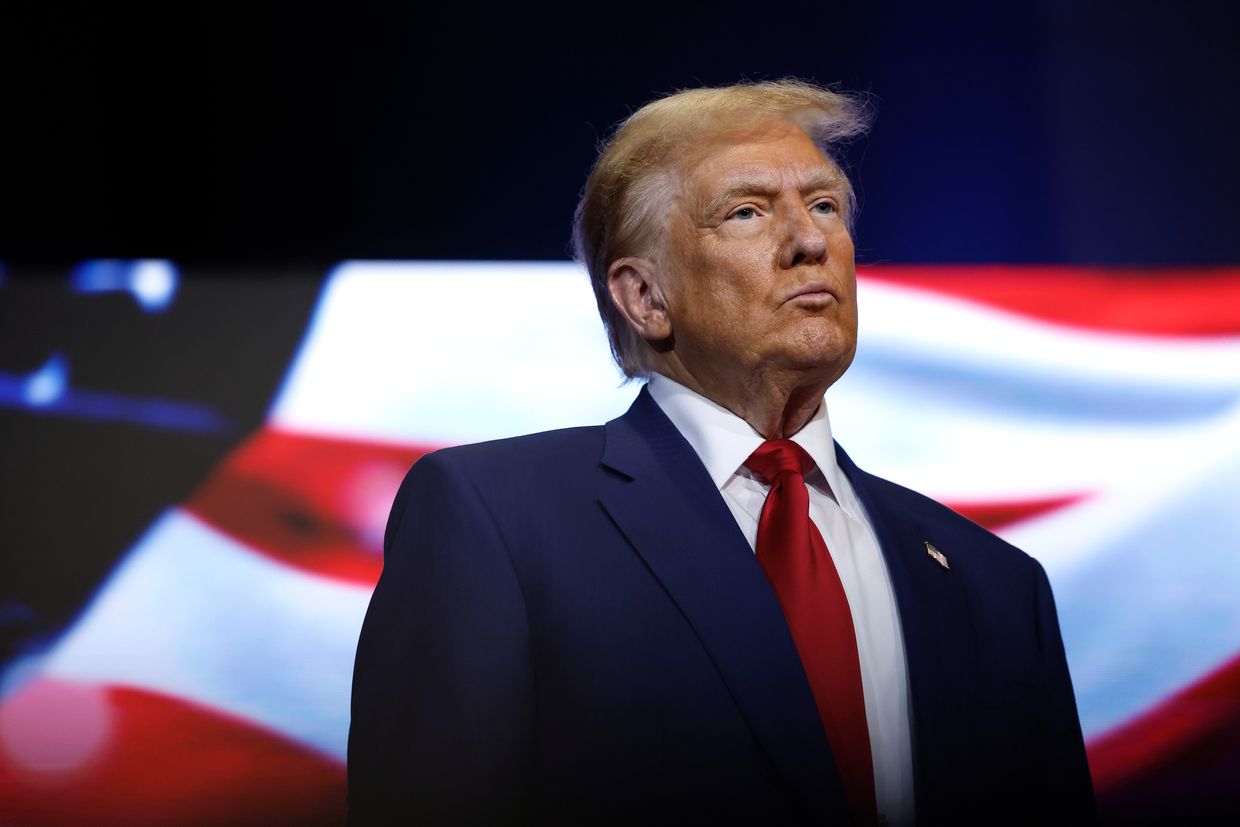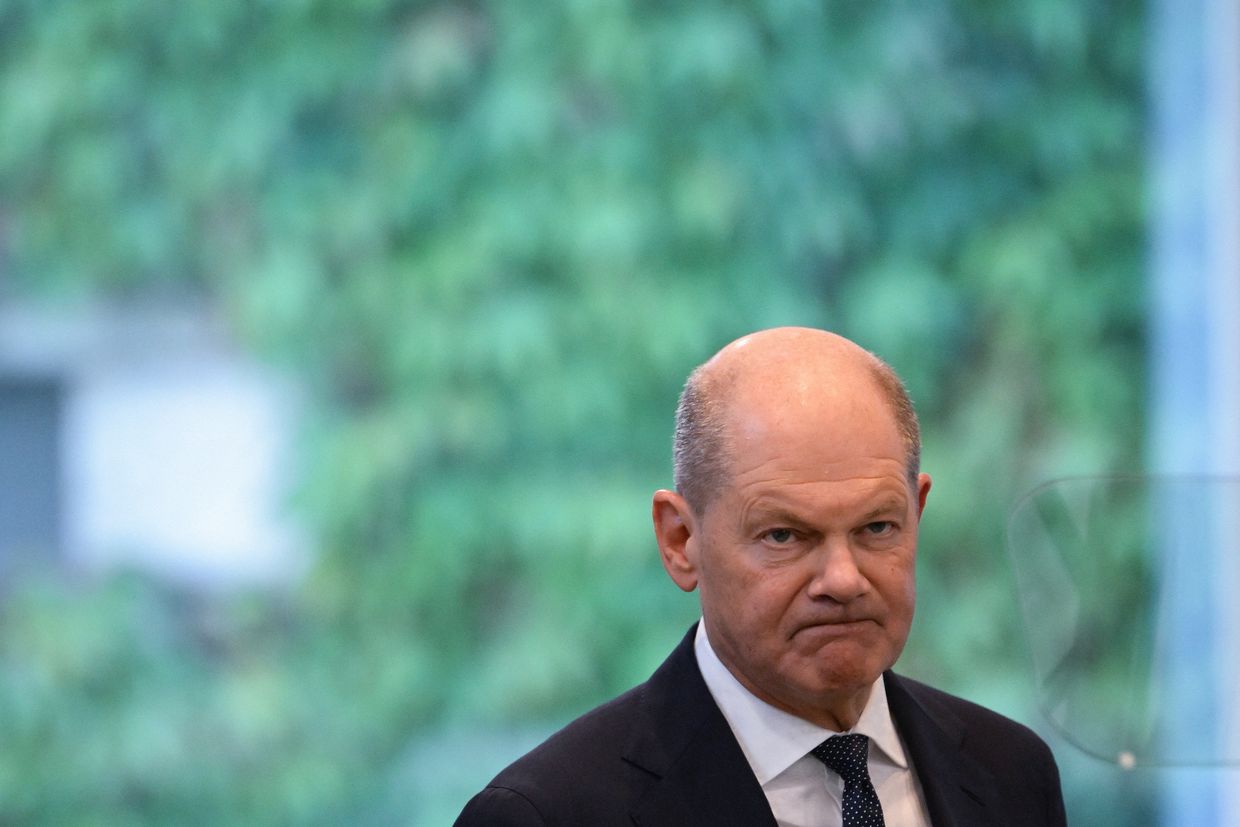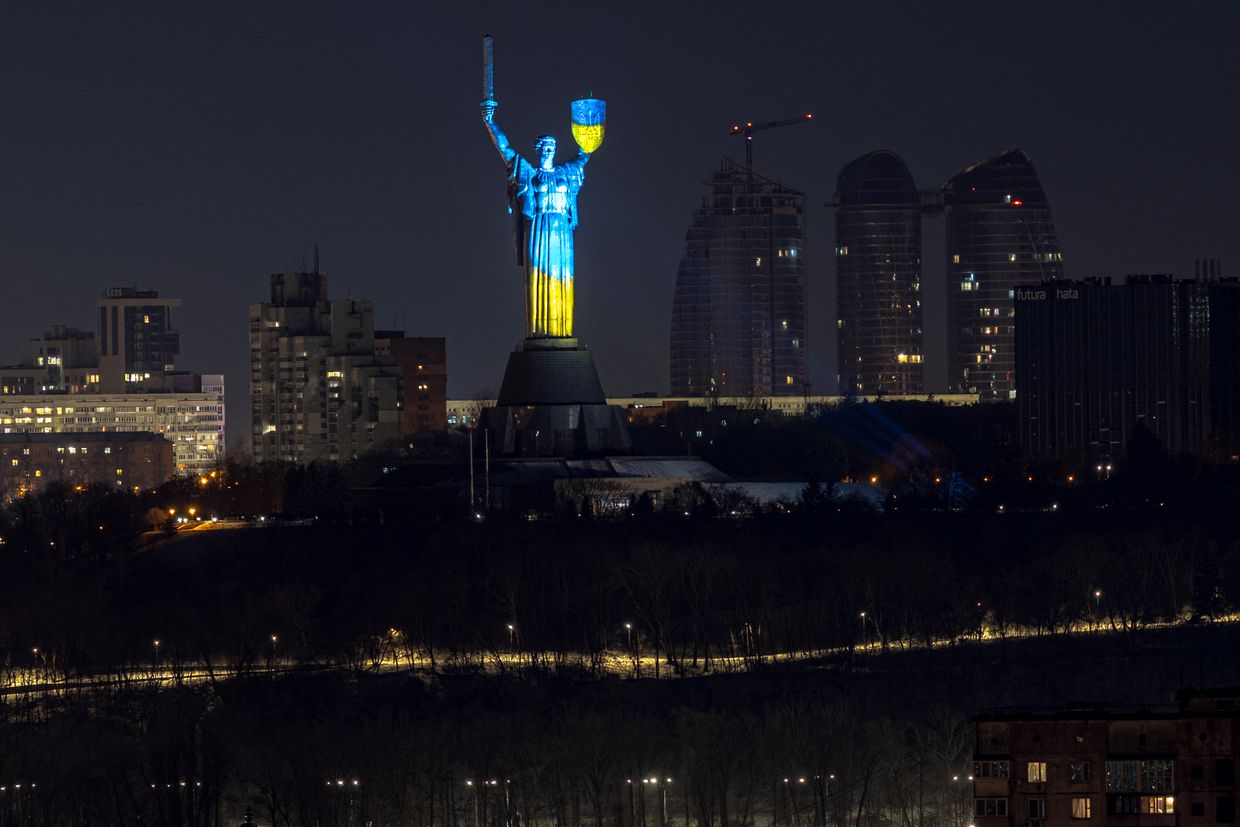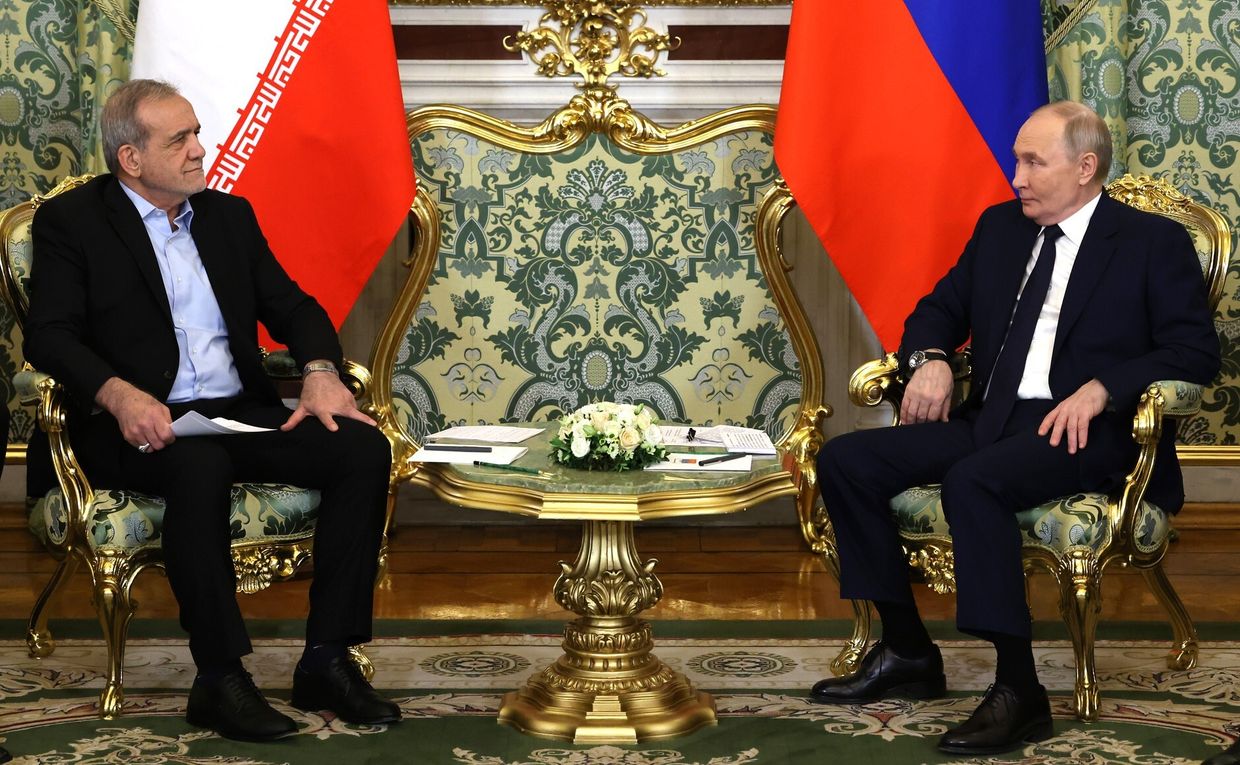Germany's three-party governing coalition collapsed on Nov. 6 after German Chancellor Olaf Scholz announced that he had dismissed Finance Minister Christian Lindner.
The decision to fire Lindner over economic disagreements will likely propel the country into a snap election in the near term, as it is unlikely that Scholz's Social Democratic Party (SDP) will have enough votes to pass next year's budget.
In his statement following the dismissal, Scholz partly justified the decision by noting that he had asked Lindner to relax spending rules to allow increased aid for Ukraine, but Lindner refused.
"All too often, Minister Lindner has blocked laws in an inappropriate manner," Scholz said. "Too often he has engaged in petty party-political tactics. Too often he has broken my trust."
German media reported last week that Lindner's proposed policy paper called for significant changes to the country's economic policy, including reducing regulations on climate policy to stimulate economic growth as well as proposing tax cuts — in deep contrast with Scholz.
Political instability in Berlin may spell trouble for Kyiv amid the rise of the far-right Alternative for Germany (AfD) party — known for its amicable views toward the Kremlin — who has continuously called for cutting funding for Ukraine.
Under the current ruling coalition, Berlin allocated 7.6 billion euros ($8.2 billion) in military assistance for Kyiv in the 2024 budget.
Scholz previously said in June that the decreasing popularity of the SDP is in part connected with voters' opposition to the party's support for Ukraine.
SPD suffered a bruising loss in the elections for the European Parliament earlier in June, coming in third place, behind the center-right Conservative Christian Union-Christian Social Union (CDU/CSU) and far-right AfD.
Following the vote, Scholz said that many voters do not agree with the government's support for Ukraine and sanctions against Russia, which is "also reflected by the election results."
Scholz added that a confidence vote will be held on Jan. 15, potentially setting the stage for a early March election.
Lindner, a member of the Free Democratic Party (FDP), has consistently seen polling that insists that the FDP will not make the five per cent threshold for support needed for the party to make it into the German parliament in the next election, Politico reported. The coalition's collapse marks an opportunity for the FDP to break with the ruling government on a number of key issues.
Initially criticized for its sluggish delivery of military aid to Ukraine following the beginning of the full-scale invasion, Germany has become the second-largest provider of military equipment after the U.S.
In October, Scholz revealed that Germany had delivered a package of aid for Ukraine worth 600 million euros ($660 million), which included a fifth IRIS-T medium-range air defense system, armored vehicles, tanks, howitzers, ammunition, and drones.













